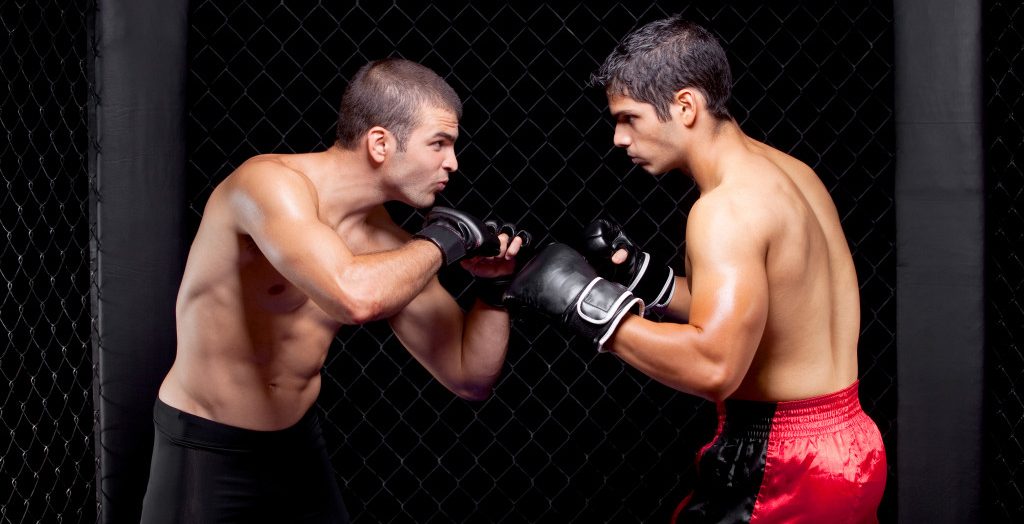At first, proper oral care may not seem all that important for athletes. However, this cannot be further from the truth. For athletes, developing dental problems can mean the difference between winning a game and failing to participate entirely. And in extreme cases, the lack of proper oral care can easily result in tooth loss in the event of a sports injury.
That said, taking care of your oral health is just as important as eating right and maintaining your physique. If you don’t want to sacrifice practice times and games because of dental issues, here are several things that you should keep in mind.
-
Visit a dentist regularly
If you are not already visiting a dentist at least once every six months, it’s high time to start doing so. Find a dentist with affordable rates near you and go for a check-up and cleaning twice a year. This way, you are not only strengthening your teeth with regular oral prophylaxis, but you also have higher chances of catching a potential dental problem before it even occurs.
Detecting a dental problem early on can make all the difference. If you develop a cavity or need to take out your wisdom teeth soon, it is easier to manage your responsibilities as an athlete since you can book dental appointments at the most convenient times. You wouldn’t want to miss an important game because you suddenly have to go to the emergency dental clinic to get your wisdom teeth taken out, would you?
-
Wear a mouthguard religiously
Wearing a mouthguard should be second nature if you play a sport that requires you to wear one, such as hockey or football. Even a minor impact to the head can be enough to chip a tooth, or worse, knock it out entirely.
But if you play a sport where mouthguards are not required, it is still highly advisable for you to wear one as long as it makes sense. Soccer, for instance, does not require players to wear a mouthguard. However, if someone accidentally elbows you in the face, your teeth are at great risk for harm. The same goes for other sports such as weight lifting, baseball, inline skating, and other sports that don’t require a mouthguard but should.
Picking out the right type of mouthguard is also critical. Ask your dentist for help when selecting the most suitable mouthguard for the sport you play. Once you receive yours, make it a habit to wear a mouthguard every time you engage in your sport, even if it’s only for practice.

-
Engage in proper oral hygiene
Proper hygiene is imperative to optimal oral health. And if you have stronger teeth and gums, the risk of damaging your tooth from a sports injury is much lower. More than that, you have fewer chances of developing oral problems, such as cavities and gum disease, that can affect your performance as an athlete.
With that in mind, take good care of your oral health at all times. Brush your teeth at least twice a day for two minutes, then floss and use mouthwash once a day. Rinse your mouth with water every time you eat something sweet or sticky so that the sugars don’t stick to your teeth for too long. If you have existing oral problems, go to the dentist right away to get them treated before they get worse.
-
Take it easy on the sports drinks
When engaging in sports, hydration is clearly an important factor in one’s athletic performance. The best way to achieve optimal hydration levels is, of course, by drinking enough water. But apart from that, you may also be inclined to down sugary sports drinks.
Sugar is a major component of sports drinks because it is a rich source of energy that your body needs to push forward. However, sugar produces an acid that weakens the outer shell of your teeth, which is the enamel. This makes your teeth more susceptible to cavities, especially if you drink sports drinks regularly.
Because of their sugar component, sports drinks are not recommended by dentists. Instead of sports drinks, hydrate your body with plenty of water alone, or create homemade sports drinks that contain little to no sugar. Apart from protecting your teeth against sugar, abstaining from sports drinks can also help you keep your carbohydrate intake in check.
Having good oral health is important for one’s overall health. And for an athlete who relies on good physical health to perform, maintaining good oral hygiene, going to the dentist regularly, proper hydration, and wearing a mouthguard should all be part of their routine.






